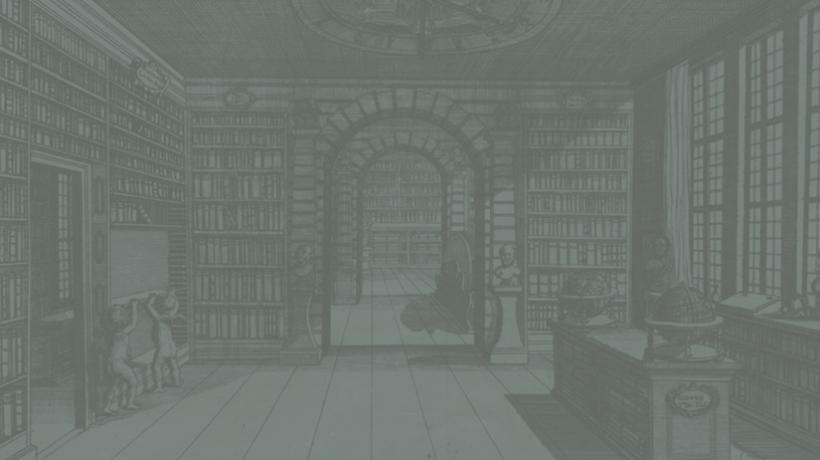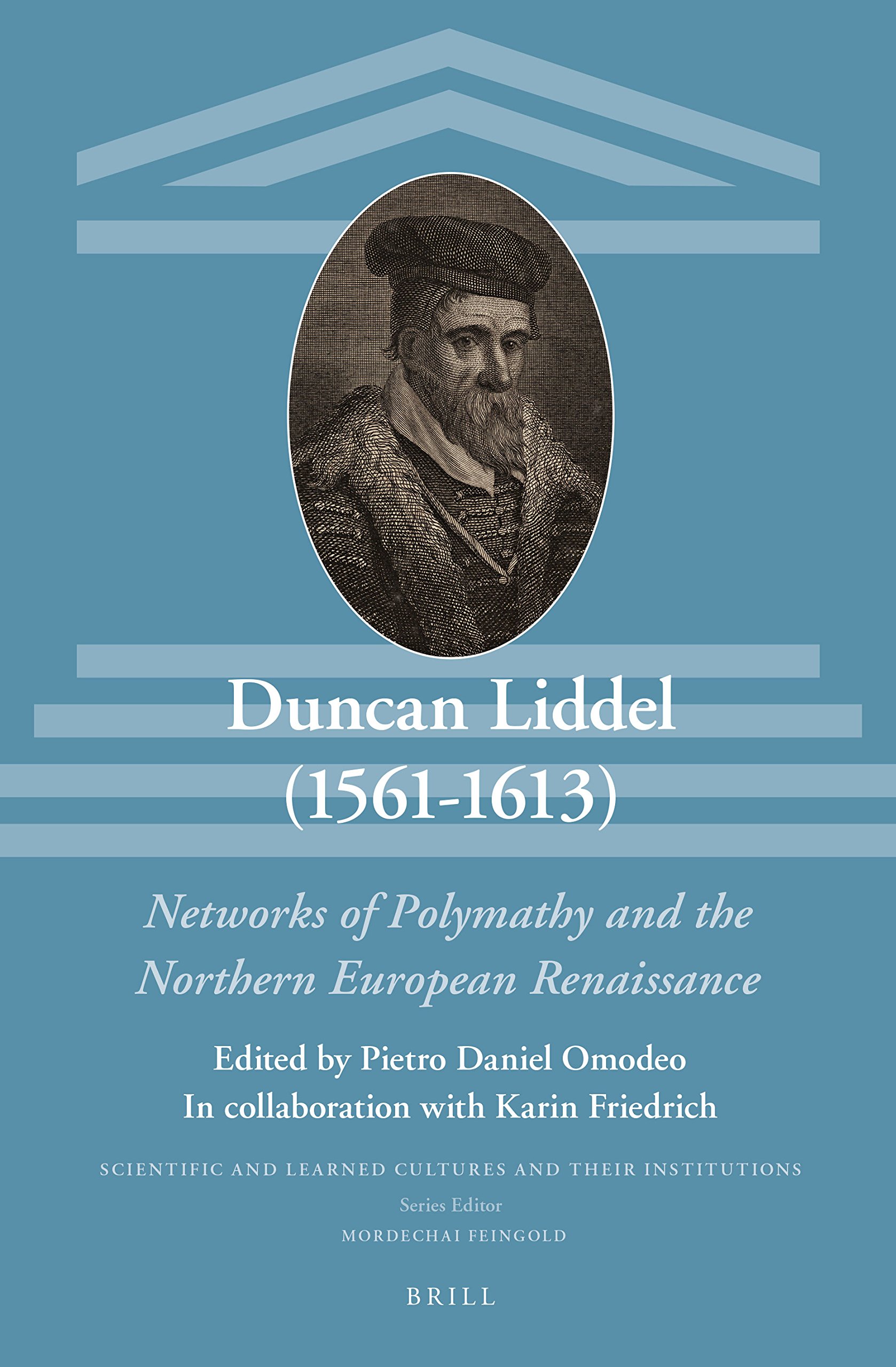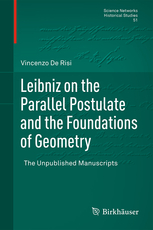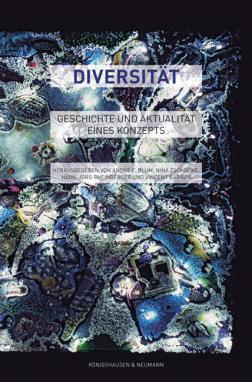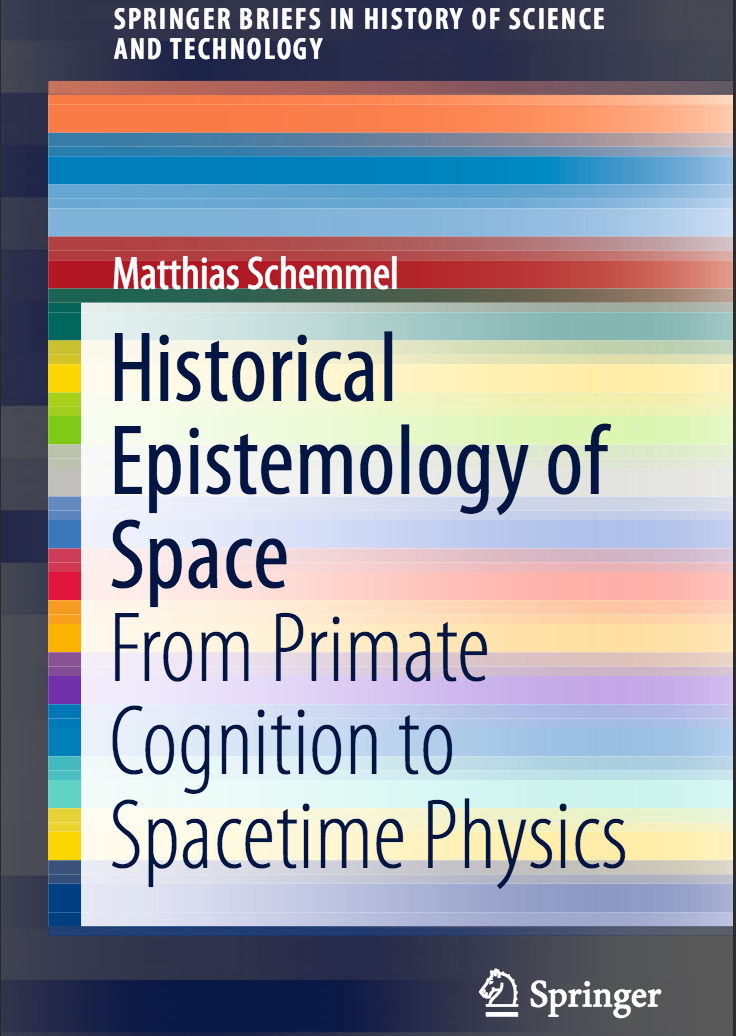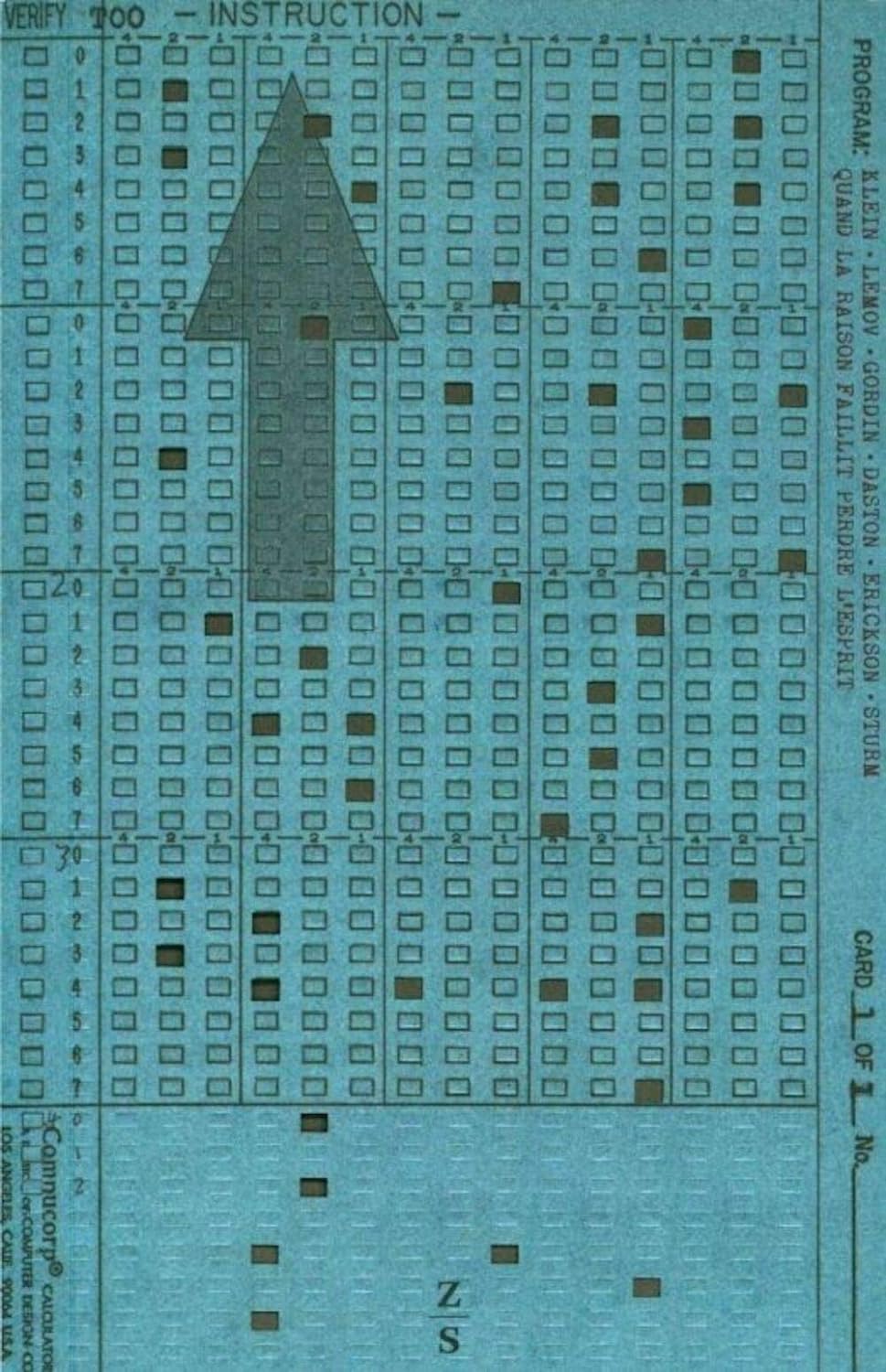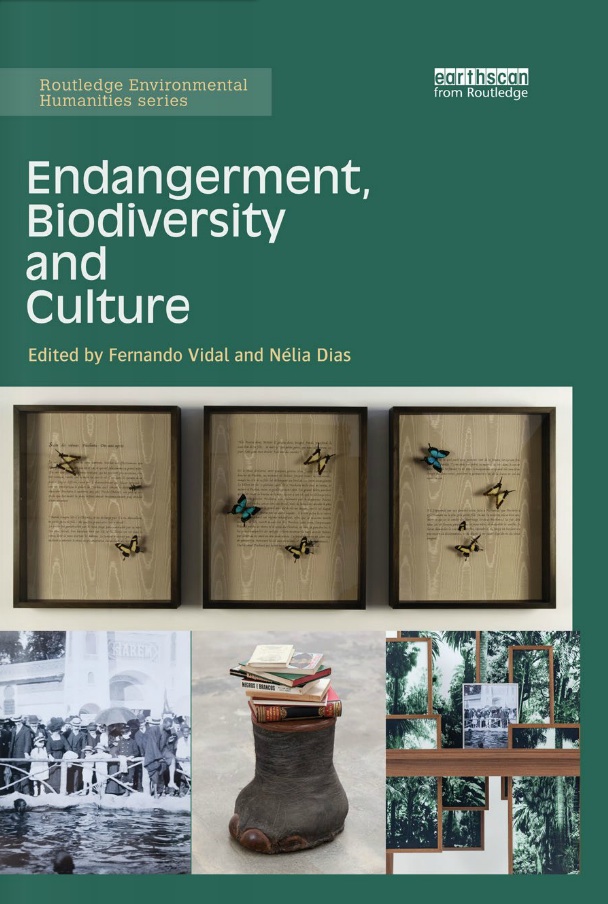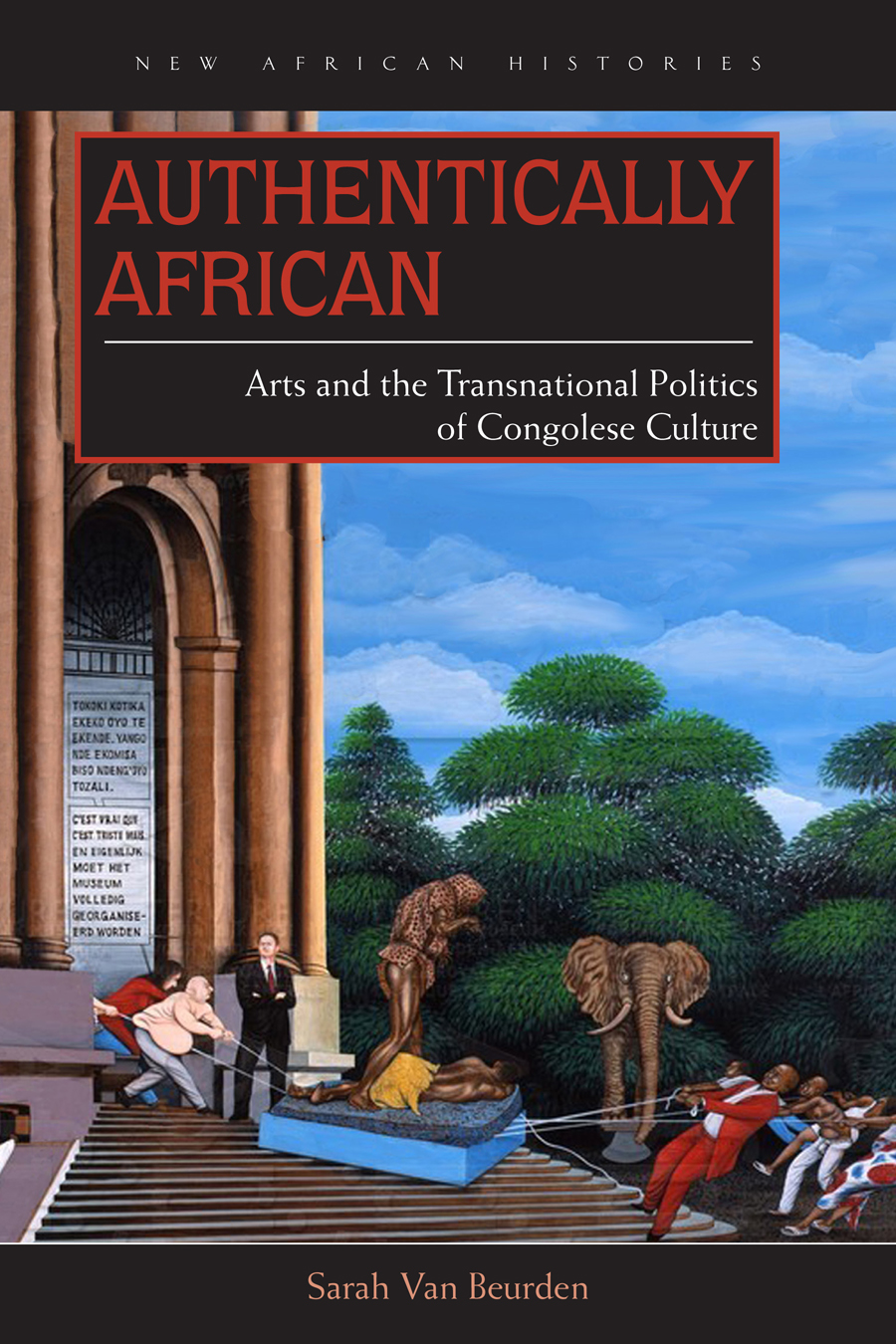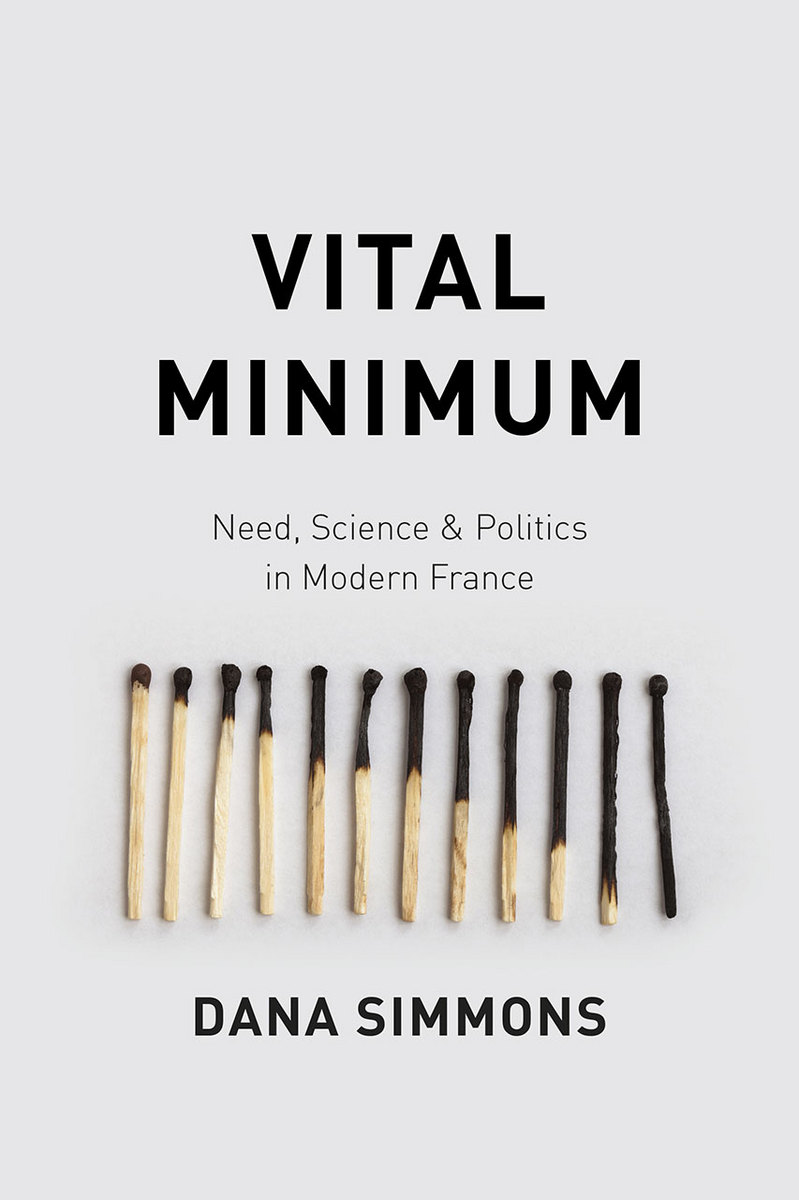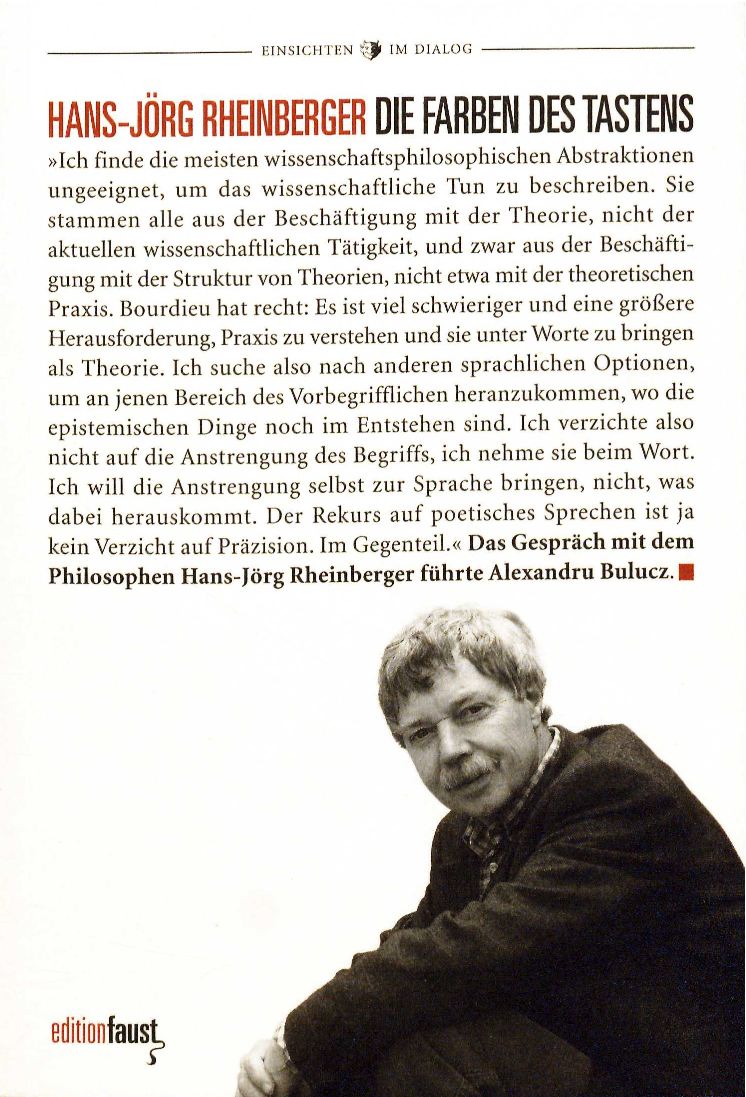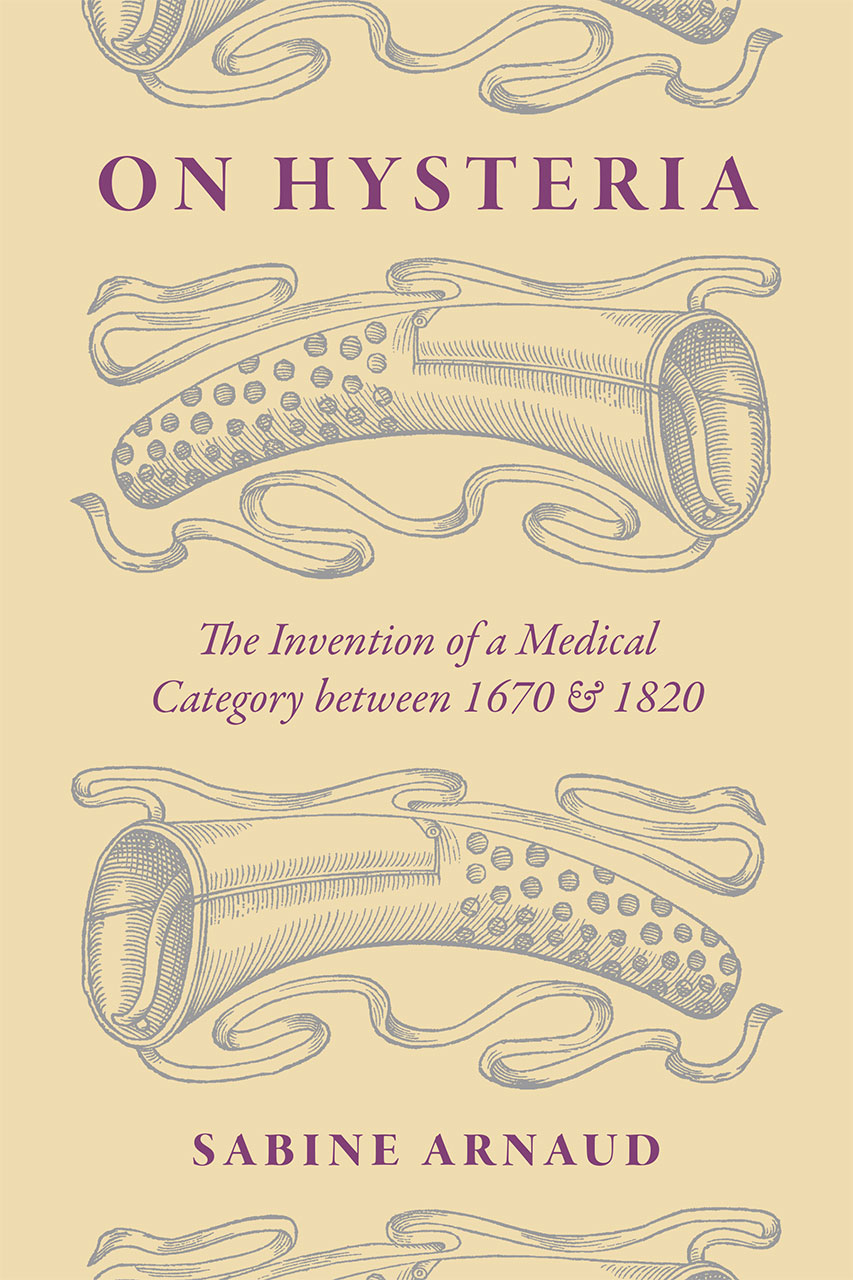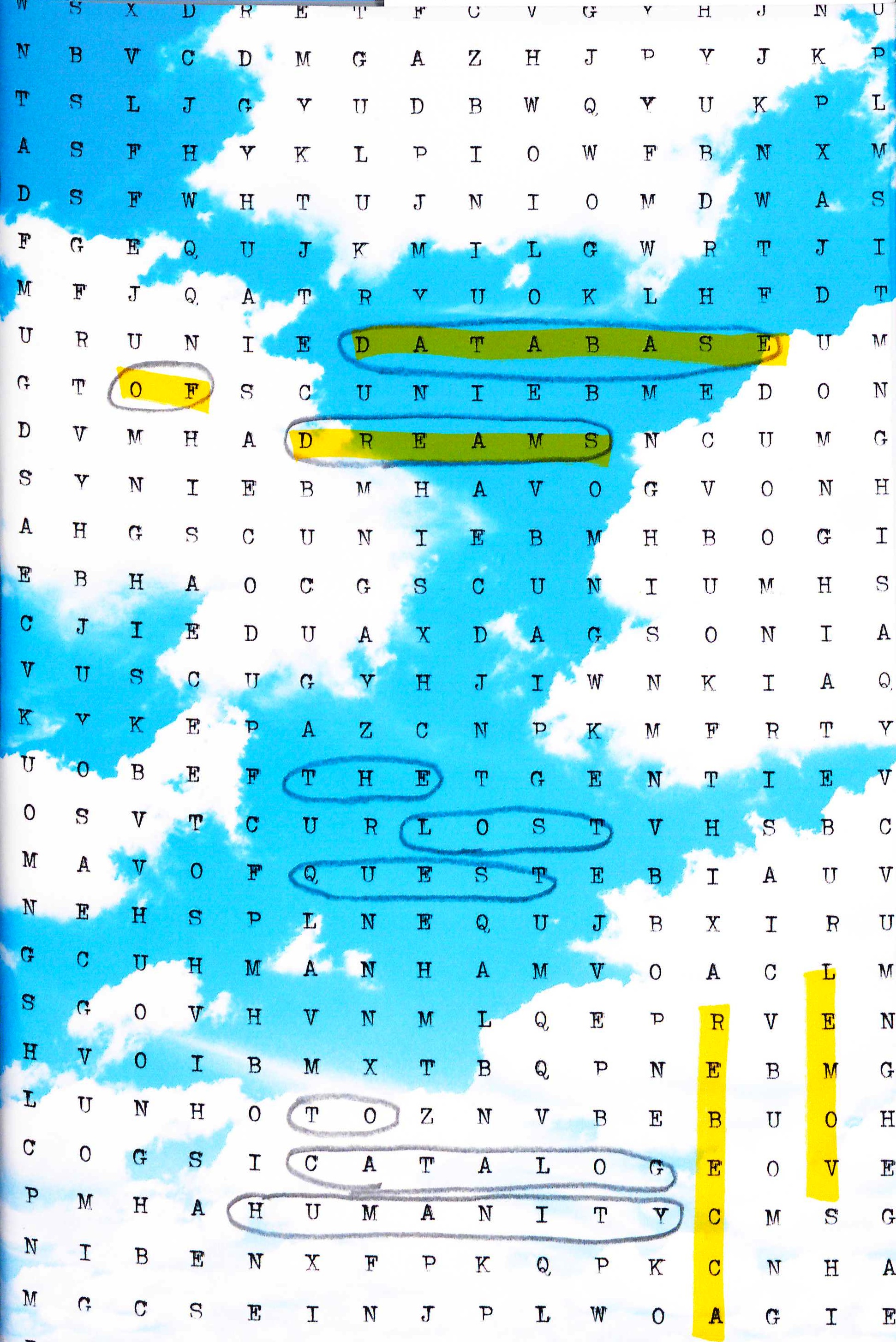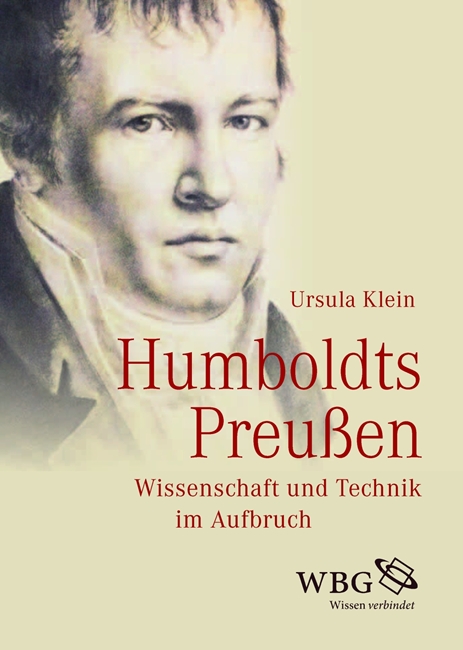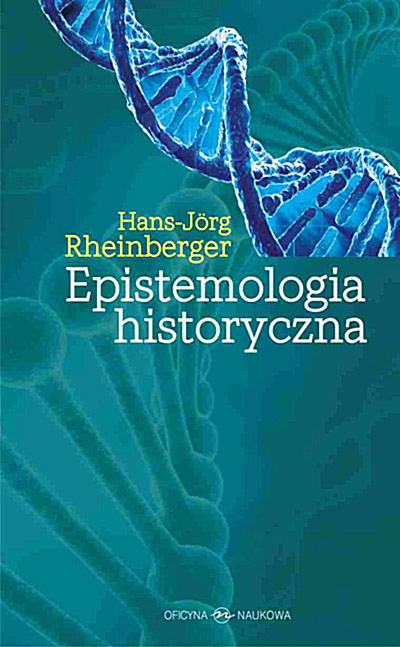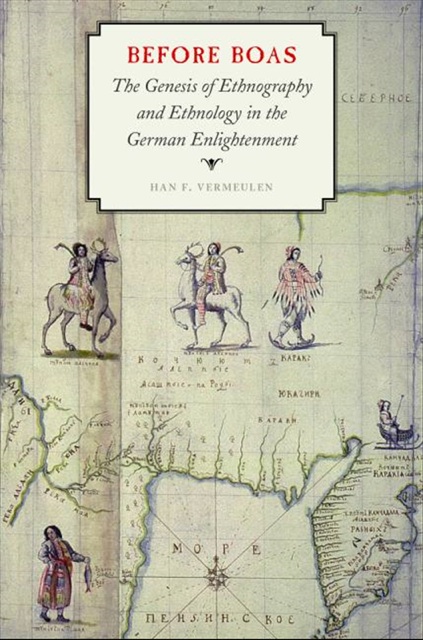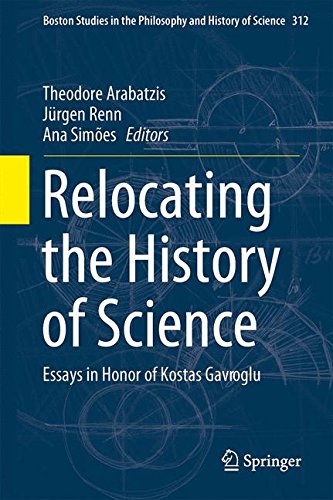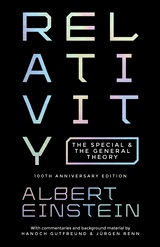Edited Book
Duncan Liddel (1561-1613): Networks of Polymathy and the Northern European Renaissance
-
Pietro Daniel OmodeoKarin Friedrich
This collective volume in the history of early-modern science and medicine investigates the transfer of knowledge between Germany and Scotland focusing on the Scottish mathematician and physician Duncan Liddel of Aberdeen.
MORE
Working Group Volume
Shifting Paradigms : Thomas S. Kuhn and the History of Science
The publication of Thomas S. Kuhn’s "Structure of Scientific Revolutions" in 1962 stands for a turning point in the history and philosophy of science. The repercussions of this work have rearticulated the theoretical framework of history and philosophy of science and have also generated discussions that contributed to the formation of the communities of historians as well as philosophers of science in many parts of the world.
MORE
Book
Leibniz on the Parallel Postulate and the Foundations of Geometry : the Unpublished Manuscripts
This book offers a general introduction to the geometrical studies of Gottfried Wilhelm Leibniz (1646-1716) and his mathematical epistemology. In particular, it focuses on his theory of parallel lines and his attempts to prove the famous Parallel Postulate.
MORE
Edited Book
Diversität : Geschichte und Aktualität eines Konzepts
Das Nachdenken über Diversität reicht von den Naturwissenschaften über die Geschichtswissenschaften, die Gesellschaftswissenschaften, die Philosophie bis zu den Künsten. Diversität ist zudem politisch und emotional beladen. In diesem Buch wird nicht nur über Einzelaspekte von Diversität berichtet, es wird auch eine Synthese versucht.
MORE
Book
Historical Epistemology of Space : from Primate Cognition to Spacetime Physics
The book introduces an epistemologically informed history of knowledge across different disciplines, discusses the societal and material conditions under which theories and spatial thinking develop, presents theoretical considerations & concrete results from both historical studies and empirical sciences.
MORE
Working Group Volume
Quand la raison faillit perdre l'esprit: la rationalité mise à l'épreuve de la Guerre froide
Aux États-Unis, au plus fort de la Guerre froide, un nouveau projet visant à redéfinir la rationalité suscita l’intérêt d’intellectuels brillants, de politiciens influents, de fondations fortunées et des hauts cercles de l’armée.
MORE
Working Group Volume
Endangerment, Biodiversity and Culture
-
Fernando VidalDias, Nélia
The notion of Endangerment stands at the heart of a network of concepts, values and practices dealing with objects and beings considered threatened by extinction, and with the procedures aimed at preserving them. Usually animated by a sense of urgency and citizenship, identifying endangered entities involves evaluating an impending threat and opens the way for preservation strategies.
MORE
Book
Authentically African : Arts and the Transnational Politics of Congolese Culture
Together, the Royal Museum for Central Africa in Tervuren, Belgium, and the Institut des Musées Nationaux du Zaire (IMNZ) in the Congo have defined and marketed Congolese art and culture. Sarah Van Beurden traces the relationship between the possession, definition, and display of art and the construction of cultural authenticity and political legitimacy from the late colonial until the postcolonial era.
MORE
Book
Vital Minimum : Need, Science, and Politics in Modern France
What constitutes a need? Who gets to decide what people do or do not need? In modern France, scientists, both amateur and professional, were engaged in defining and measuring human needs.
MORE
Book
Die Farben des Tastens
»Gesenkt den Kopf / immer auf der Suche / nach römischen Münzen / so hab ichs gelernt«, lautet eine Strophe Hans-Jörg Rheinbergers.
MORE
Edited Book
Das Anthropozän : zum Stand der Dinge
-
Jürgen RennScherer, Bernd
Mit dem »Zeitalter des Menschen« ist erdgeschichtlich ein irreversibler Prozess in Gang gesetzt worden. Wenn das, was wir bisher als Natur verstanden haben, von Menschen gemacht ist, funktionieren Dualismen wie Natur/Kultur oder Subjekt/Objekt nicht mehr in ihrer althergebrachten Funktion.
MORE
Book
On Hysteria : the Invention of a Medical Category between 1670 and 1820
These days, hysteria is known as a discredited diagnosis that was used to group and pathologize a wide range of conditions and behaviors in women. But for a long time, it was seen as a legitimate category of medical problem - and one that, originally, was applied to men as often as to women.
MORE
Book
Strahlenforschung : Bio- und Risikopolitik der DFG, 1920-1970
Die Strahlenforschung hat das 20. Jahrhundert geprägt. Strahlen kamen in Wissenschaft, Medizin, Industrie und Rüstung zur Anwendung. Was waren die Entstehungsbedingungen und wer die Akteure dieser Schlüsseltechnologie?
MORE
Book
Database of Dreams: the Lost Quest to Catalog Humanity
Just a few years before the dawn of the digital age, Harvard psychologist Bert Kaplan set out to build the largest database of sociological information ever assembled. In a scrupulously researched and captivating new book, Rebecca Lemov recounts the story of Kaplan's quest and brings to light an informative and disturbing chapter in the prehistory of Big Data.
MORE
Book
Humboldts Preußen: Wissenschaft und Technik im Aufbruch
Entlang der Biographie des jungen Alexander von Humboldt beschreibt Ursula Klein die Frühphase der Natur- und Technikwissenschaften in Preußen. So schildert sie diese bewegte Zeit nicht als anonymen Prozess, sondern als gelebte Praxis der Akteure. Dabei zeigt sie die Aufbruchsstimmung ebenso wie Erfolge und Misserfolge beim Experimentieren und Erfinden.
MORE
Book
Epistemologia Historyczna
Czym jest i po co epistemologia historyczna? To pytanie stawia sobie w książce jeden z najważniejszych autorów tego podejścia do historii nauki, Hans-Jörg Rheinberger. W pierwszej części autor przedstawia historyzowanie epistemologii od Emila Du Bois-Reymonda poprzez Michela Foucaulta po Bruno Latoura.
MORE
Book
Before Boas : The Genesis of Ethnography and Ethnology in the German Enlightenment
'Before Boas' argues that anthropology and ethnology were separate sciences during the Age of Reason, studying racial and ethnic diversity, respectively. Ethnography and ethnology focused not on “other” cultures but on all peoples of all eras.
MORE
Edited Book
Relocating the History of Science: Essays in Honor of Kostas Gavroglu
-
Jürgen RennArabatzis, TheodoreSimões, Ana
This volume is put together in honor of a distinguished historian of science, Kostas Gavroglu, whose work has won international acclaim, and has been pivotal in establishing the discipline of history of science in Greece, its consolidation in other countries of the European Periphery, and the constructive dialogue of these emerging communities with an extended community of international scholars.
MORE
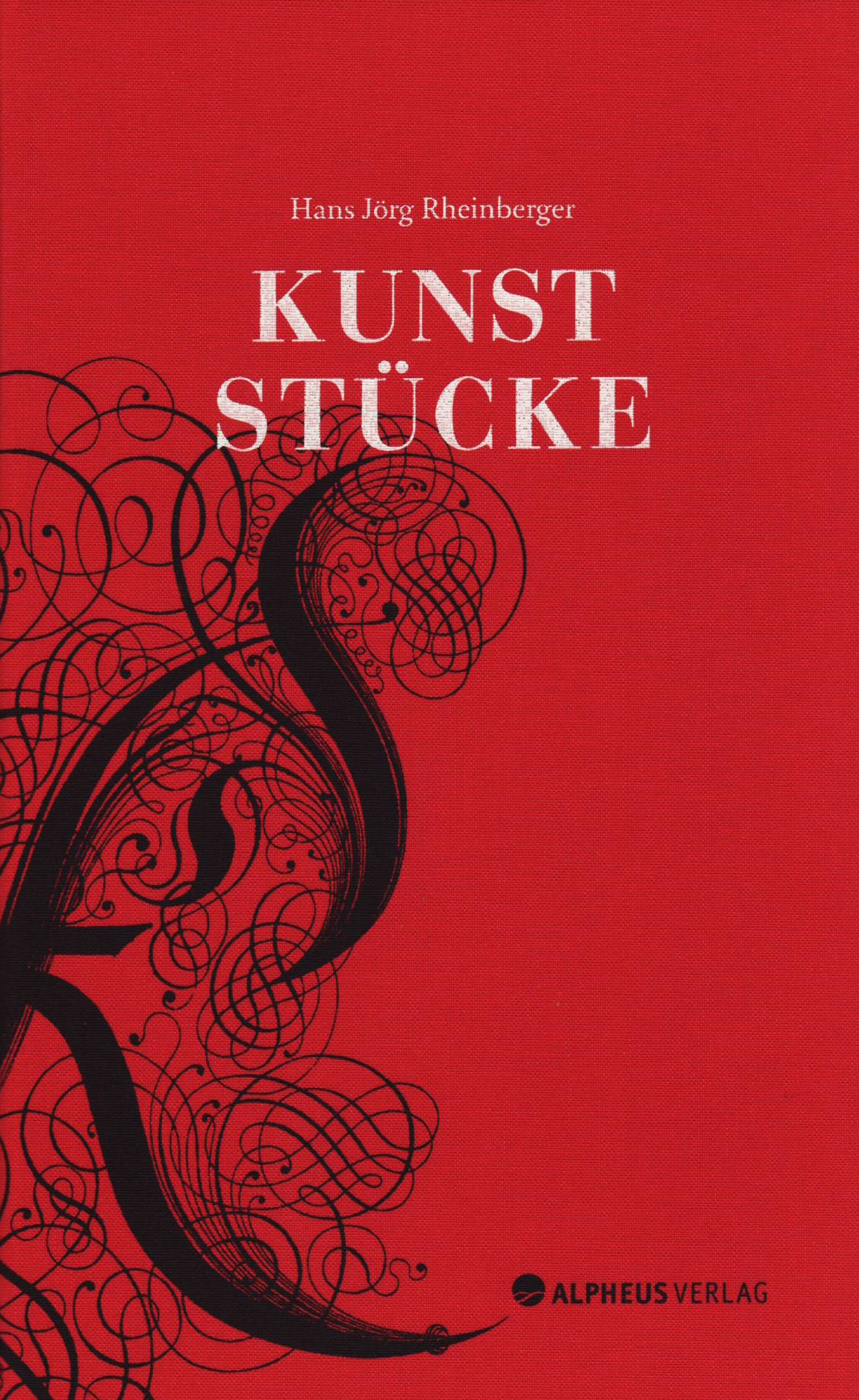
Book
Kunststücke
Hans Jörg Rheinbergers Kunststücke befassen sich mit der Dingverliebtheit in der barocken Malerei des 17. Jahrhunderts. Seine Texte verstehen sich als Kunststücke über Kunststücke. Im ersten Teil begleiten Prosagedichte eine Auswahl von Stillleben sowie den Fünf-Sinne-Zyklus von Jan Brueghel d. Ä. und Peter Paul Rubens. Im zweiten Teil wird der »Sehsinn« dieses Zyklus in seiner Spiegelstruktur und hinsichtlich seiner Blumenspiele in den Blick genommen.
MORE
Edited Book
Albert Einstein: Relativity, the Special and the General Theory, 100th Anniversary Edition
-
Jürgen RennGutfreund, Hanoch
After completing the final version of his general theory of relativity in November 1915, Albert Einstein wrote a book about relativity for a popular audience. The book remains one of the most lucid explanations of the special and general theories ever written.
MORE

